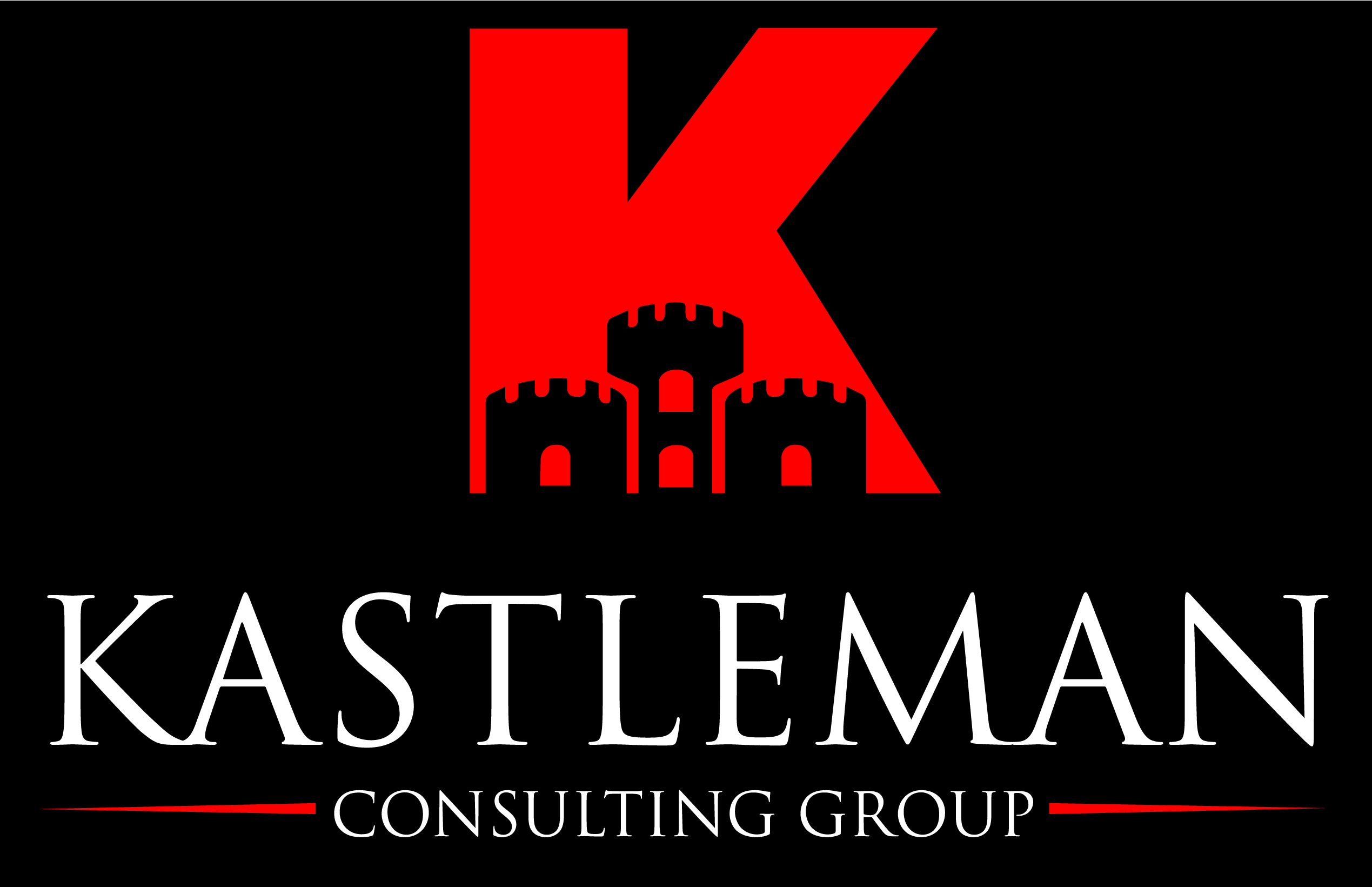Commercial mortgages are on the verge of becoming a new frontier in the developing use of digital tokens, a technology-based way for small investors to own shares of big loans.
It’s been Ed Rodriguez’s goal since he founded BPN Capital Group in 2019. He’s spent the past two years assembling a network of lawyers, developers, brokers and securities professionals to help clear regulatory hurdles to offer what are essentially digital commercial mortgage-backed securities. And he plans to eventually offer digital property-backed securities.
BPN Capital is getting ready to offer what regulators expect to be the first tokenized commercial mortgage securities associated with a property: a four-tenant retail corner at SLS Lux Brickell, a luxury hotel and condominium development in Miami, Rodriguez told CoStar News.
Tokens are a form of digital security traded for a fractional ownership interest in a larger asset. The tokens from BPN Capital, based in Weston, Florida, are traded on the blockchain, the online ledger used for cryptocurrency transactions. The tokenization of the SLS Lux Brickell mortgage is designed to allow accredited investors to directly hold, control and sell their tokens that Rodriquez hopes to bring to market this month at a price of $24 each.
The cost is far cheaper and more accessible for small investors than the usual minimum investment of $10,000 in a deal on the CMBS market. For Rodriguez, that means small-dollar investors get to see opportunities that are typically only available to the wealthy.
“How can I bring value to the guy that makes $250,000, is an accredited investor, and only has $10,000 to invest annually?” Rodriguez said. “Previously, this kind of access and control was only available to large institutional investors with billions of assets under management.”

Price is just one of the challenges to investing in mortgage-backed securities that Rodriguez is hoping to solve. Others are providing clarity in what is being offered as well as liquidity by developing a marketplace where tokens can be bought and sold.
“We are bringing … transparency by stepping away from the complex and confusing [CMBS] market and replacing it with easy-to-understand terms by using blockchain technology to allow investors to participate in our securitized asset funds,” he said. “We are structuring the offering as a single asset, which helps our investors understand the risks associated with the investment.”
Rodriguez said, “I can show them a building and say, ‘See that building? That building is worth a million dollars. We’re going to have a million tokens, and each token is going to represent a small ownership of that building. If the building goes up in price, the token goes up in price.’”
In addition, after 12 months of closing the offering, investors will have the opportunity to trade their securities on the tZero exchange, or any other approved platform where BPN Capital lists its tokens, without restrictions, penalties or limitations.
The use of digital tokens carries risks. For issuers, the biggest risk is tokens that don’t sell, resulting in a canceled offering, according to Rodriguez.
Investors also face buying a token where the issuer defaults on the loan and the property goes into foreclosure. “This is a risk that is universal to any loan-based investment,” he said. “In our case, the investors through the ownership of the property represented by their tokens are the ones who can decide whether to foreclose or hire a management company while retaining the asset.”
Even so, BPN Capital’s tokens are mortgage-backed securities, so both the Financial Industry Regulatory Authority and Securities and Exchange Commission will regulate the offering. The firm is working with tZero, an exchange registered with both FINRA and the SEC that’s capable of trading securities on the blockchain. And, Rodriguez said, BPN Capital is working with broker-dealers to handle anti-money laundering and know-your-customer regulatory requirements.
“We get to be the trailblazers and disruptors of multiple industries that have been way overdue for an upgrade,” Rodriguez said. “We are leading the way in the democratization of investment opportunities by leveling the playing field for accredited investors, family offices and small funds. Finally, with our structure, we aim to be the Nasdaq of blockchain in the security token space in the next five to 10 years.”
BPN Capital collects an advisory fee for every token deal it structures.
Broader Acceptance
The use of digital tokens has been gaining traction in real estate in recent years, with some issuers already offering tokens tied to properties, primarily single-family homes. San Francisco-based Figure Technologies has offered tokens in a pool of home improvement loans.
A 30-page report titled “Real Estate Tokenization” released last fall and authored by accounting giant KPMG, brokerage Colliers International, law firm Sidley and digital asset pioneer Liquefy, said there are benefits for the industry.
“Traditional real estate investment involves significant financial commitments, lengthy processes, excessive paperwork, and siloed information. Tokenization addresses these problems by bringing operational efficiencies and information transparency to real estate transactions and bringing the additional benefits of fractionalized ownership and liquidity to real estate investment,” the report said.
Use of digital tokens opens opportunities for investors who previously have been unable to afford the high upfront capital requirements of property investment, the report added. For larger investors, digital tokens offer portfolio diversification.
Streamlined automated processes reduce operational costs and make the transfers of ownership rights in the asset faster and more secure, according to the report.
Rodriguez chose the Miami property tied to the token for its location in the heart of the city, but he also wanted something small to introduce the mortgage tokenization concept to the world. He said he felt BPN Capital could have gone to any bank and arranged a traditional CMBS loan.
The SLS Lux Brickell is a 450-unit tower on the northeast corner of South Miami Avenue and SE Ninth Street. The 20,000-square-foot property has four addresses, spanning 851-881 S. Miami Ave. The retail portion consists of four tenants: Chipotle, Ojo de Agua, Kaori and Bellillo.
The property value is $24 million, according to Rodriguez. The tokenization is being done based on a 70% loan-to-value ratio. That comes out to $16.8 million.
The tokens could be available yet this month to accredited investors, family offices and qualified buyers, Rodriguez said. There will be 1 million tokens, from which 70% will be sold to the investors.
The remaining tokens will be held in escrow by the borrower, LUX SMA Retail Corner, an affiliate of Optimar Realty Group in Sunny Isles, Florida. Optimar is also among the network of firms and individuals that make up BPN Capital.


 A digital token is set to be tied to a 20,000-square-foot property spanning 851-881 S. Miami Ave. in Miami. (CoStar)
A digital token is set to be tied to a 20,000-square-foot property spanning 851-881 S. Miami Ave. in Miami. (CoStar)
